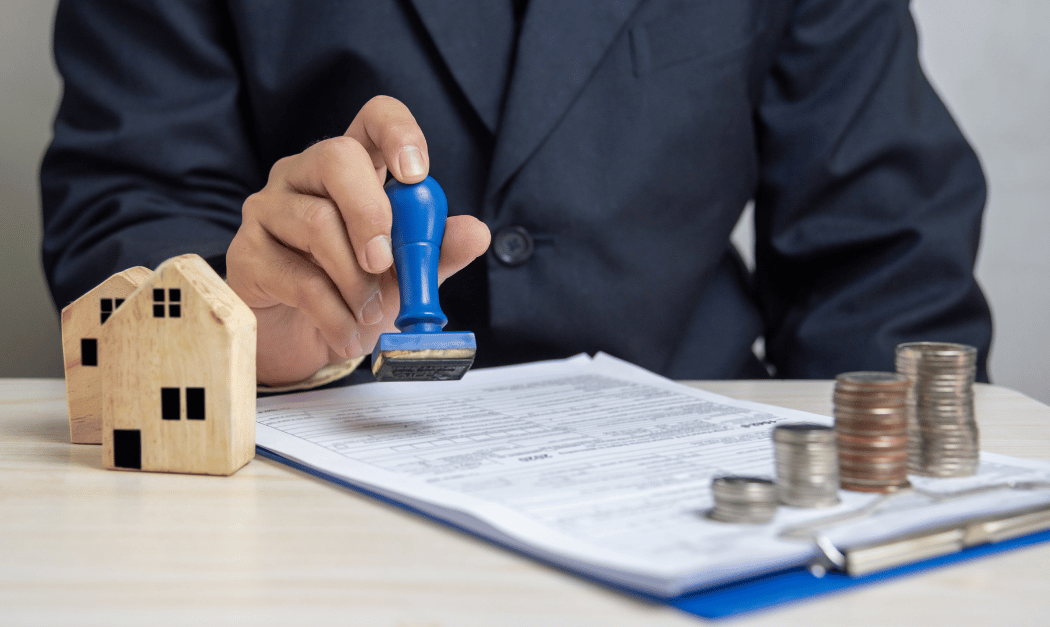Whether you’re a potential buyer, a property investor, or a homeowner, arranging a property inspection is a vital aspect in the world of real estate. This article serves as an exhaustive guide on “How to arrange a property inspection”, packed with relevant and timely information.
Understanding a Property Inspection
A property inspection is an exhaustive evaluation of a property’s condition by a professional inspector. The aim is to uncover any potential issues such as structural damage, faulty systems, or any other factors that might impact the property’s safety or value.
The Importance of Property Inspections
Property inspections are an essential part of buying, selling, or maintaining a property. They offer valuable insights into a property’s condition and help identify potential costly repairs or safety hazards. For buyers, inspections could influence the buying decision or negotiation strategy. For sellers, a pre-listing inspection can highlight areas needing improvement to make the property more appealing. For homeowners, regular inspections can help maintain the property and prevent major issues down the line.
When to Arrange a Property Inspection
Typically, a property inspection should be arranged:
- Before purchasing a property: To understand what you’re getting into and potentially negotiate the purchase price based on the findings.
- Before selling a property: To address any issues upfront and avoid potential deal breakers during negotiations.
- On a regular basis for homeowners: To maintain the property’s condition and prevent larger, more costly issues in the future.
Choosing the Right Property Inspector
An experienced, accredited property inspector is critical in ensuring an accurate, thorough inspection. Here are some points to consider:
- Qualifications: Ensure the inspector is licensed and accredited by relevant Australian bodies such as the Australian Institute of Building Surveyors or the Australian Property Institute.
- Experience: Look for inspectors with a strong track record inspecting properties similar to yours.
- Comprehensive Reporting: The inspector should provide a comprehensive report detailing the inspection results, including any areas of concern.
- Insurance: Ensure the inspector has professional indemnity insurance to cover any errors or omissions.
How to Arrange a Property Inspection
The process of arranging a property inspection can be broken down into these steps:
- Identify the Need for an Inspection: The first step in arranging a property inspection is recognising the need for one. This could be driven by a property purchase, sale, or simply routine maintenance.
- Select a Property Inspector: Use the points mentioned above to select a suitable property inspector. Don’t hesitate to ask for recommendations, read online reviews, and interview potential inspectors to ensure you’re making an informed choice.
- Book the Inspection: Once you’ve selected an inspector, you’ll need to book an appointment. This usually involves agreeing on a date and time for the inspection and discussing any specific areas of concern you’d like the inspector to focus on.
- Prepare for the Inspection: Ensure the property is ready for inspection. This might include cleaning the property, ensuring all areas are accessible, and arranging for pets to be elsewhere during the inspection.
- Attend the Inspection: If possible, attend the inspection. This gives you the opportunity to ask questions and gain first-hand information about the property’s condition.
- Review the Inspection Report: After the inspection, the inspector will provide a detailed report. Review this carefully, and if necessary, discuss any concerns or unclear areas with the inspector.
Common Mistakes to Avoid when Arranging a Property Inspection
Avoiding these common mistakes can help you get the most out of your property inspection:
- Choosing the Cheapest Inspector: Like most things, you get what you pay for. The cheapest inspector might not be the most thorough or experienced, potentially costing you more in the long run.
- Not Attending the Inspection: By attending the inspection, you can get a better understanding of the property and ask questions on the spot.
- Ignoring the Inspector’s Report: It’s essential to carefully review the inspector’s report and take action on any recommended repairs or issues.
FAQs about Property Inspections
To further enhance your understanding, here are some frequently asked questions about property inspections:
Q: How long does a property inspection take?
A: Depending on the size and condition of the property, an inspection can take anywhere from two to four hours.
Q: How much does a property inspection cost?
A: The cost of a property inspection can vary based on the property size, location, and the depth of the inspection required. On average, you can expect to pay between $300 and $600.
Q: Can I conduct the inspection myself?
A: While you may spot obvious issues, a professional inspector is trained to find potential problems you might overlook. It’s always advisable to engage a professional for an accurate, comprehensive inspection.
Conclusion
Arranging a property inspection is a straightforward process, but it requires careful selection of an inspector and adequate preparation to ensure the most accurate results. A well-executed property inspection can provide peace of mind, help avoid costly future repairs, and be a valuable tool in property negotiations. Remember, the key is to be proactive, do your due diligence, and ask questions when necessary.



